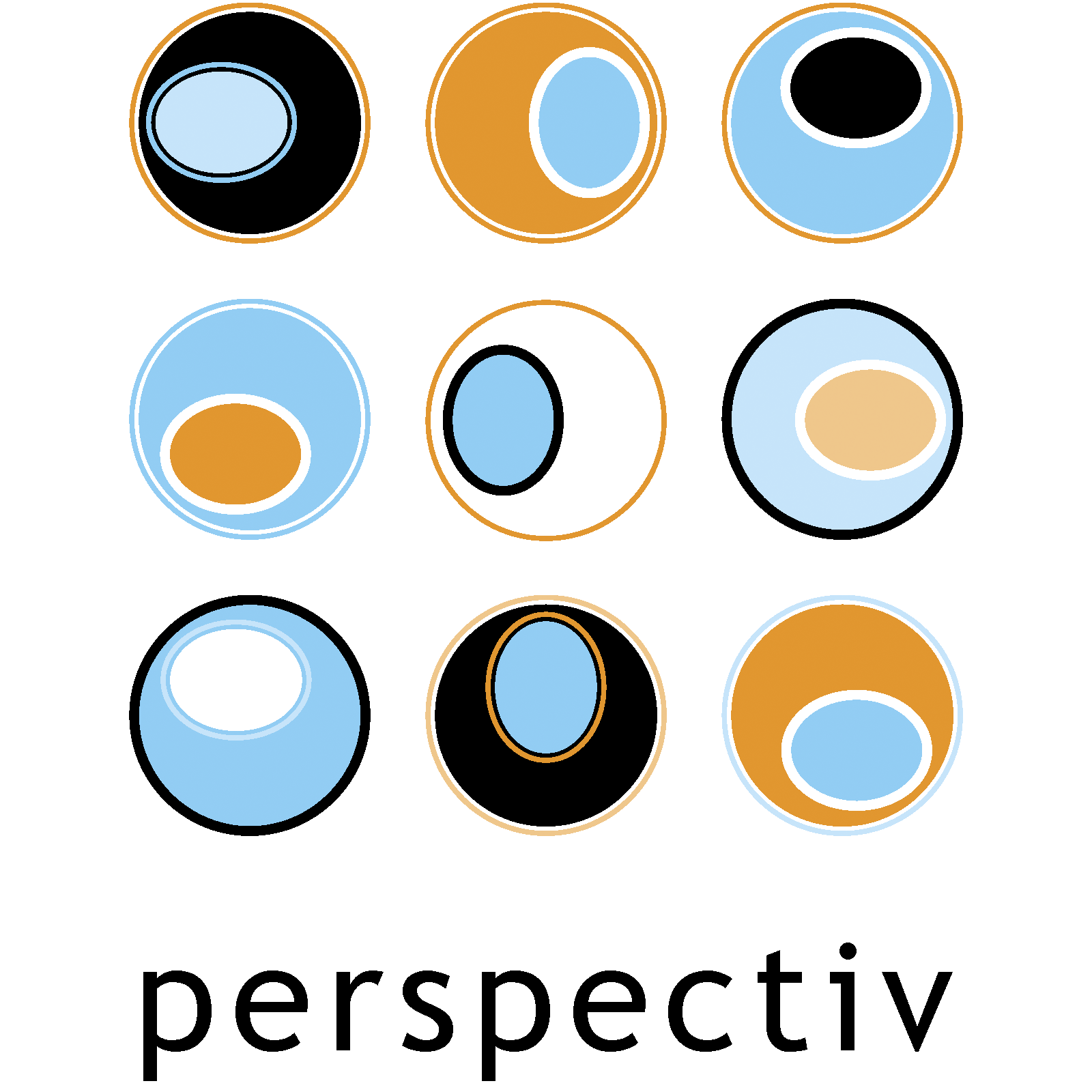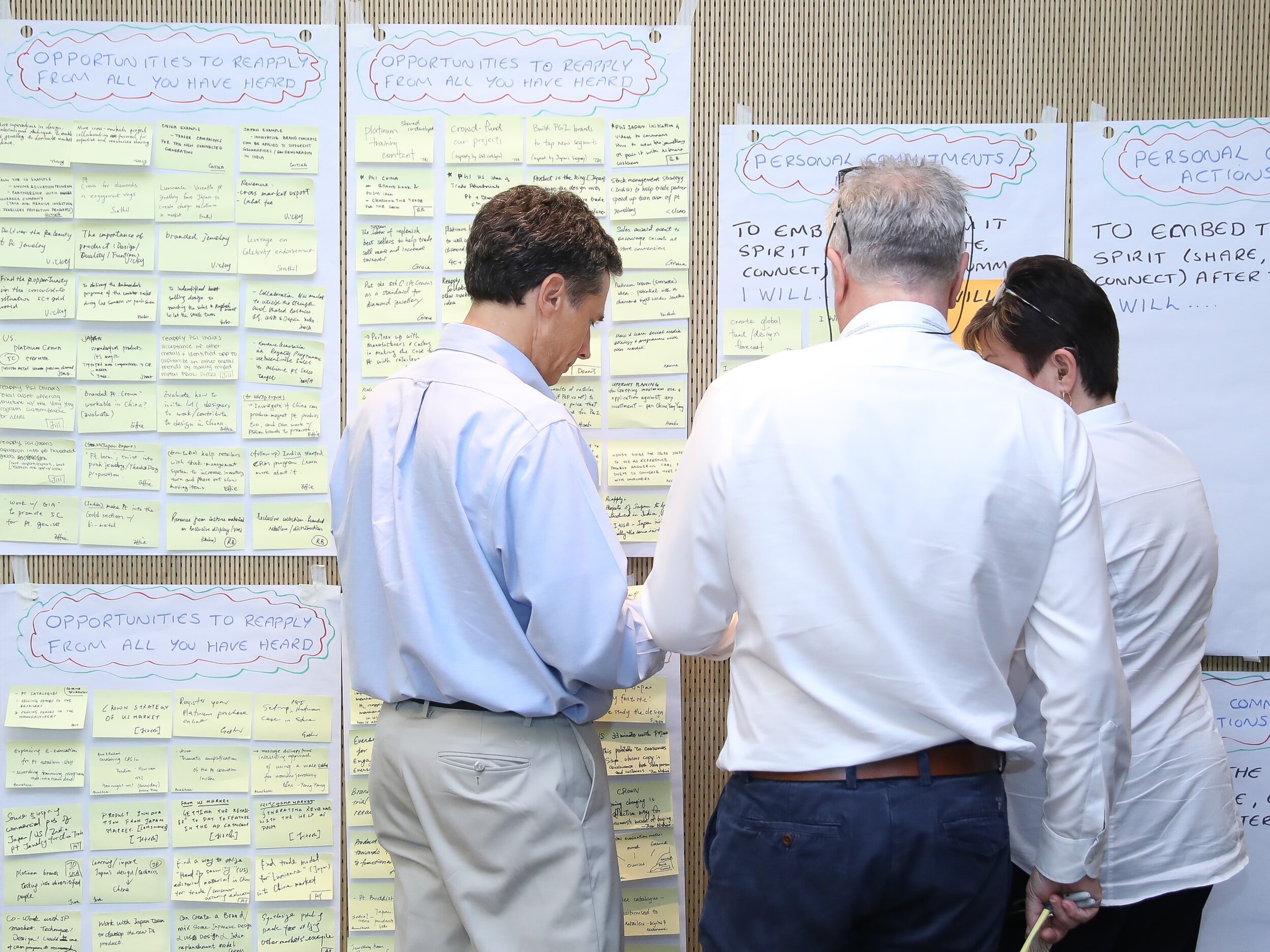Complex problem solving
Many challenges in today’s VUCA world are complex and despite our best efforts and intentions, usually not much changes. We often find ourselves, our teams, and our organisations stuck in a dynamic balance that prevents change. One of the reasons is that we misdiagnose the situation... many issues can be addressed with adjustments to basic routines, but complex problems require us to challenge and often change our own deeply held beliefs and assumptions.
Our roots in the field of complex problem solving and innovation go back to the 1950s and Alex Osborn – the prestigious researcher, adman, and originator of Brainstorming and the Creative Problem Solving process. We pride ourselves on carrying his vision into the 21st century.
Our complex problem solving toolkit includes a range of practical, academically researched approaches that enable people to address complex problems and produce sustainable innovation and change – here is a sample:
Framing today’s challenges
How we view a problem greatly determines how and if we will solve it (see Problem types in organisations.)
We are all prisoners of our current mental models – they are are the filters through which we interpret the world and define the ‘reality’ around us, acting as useful frames that simplify and guide our understanding of complex realities, as well as focusing what we pay attention to.
But these frames can also become out-of-date as the world evolves, possibly even making some of what we know and use no longer true. They distort or limit what we ‘see’ – we may be missing important information that is outside our frame, like the detail missed in peripheral vision.
The good news is that we can adjust our frames to see as much as we want to see. The bad news is that we seem to be quite wedded to our existing ones. As John Galbraith famously wrote:
‘Faced with the choice between changing one’s mind and proving that there is no need to do so, almost everyone gets busy on the proof.’
Perspectiv helps people to:
Surface existing frames, mental models, assumptions and beliefs that are acting as governing variables on behaviours
Create new frames to enable new approaches.
We provide consulting and training in Creative Problem Solving and we use a range of assessments and profiling tools to build self-awareness and a new language for solving complex problems.
Our best frame of mind
Throughout life, we move from moment to moment, task to task. Some moments provide greater opportunities than others to shape the future.
These situations may be formal meetings or informal encounters with other people, interactions with individuals that are face-to-face or spread across time zones, or moments of working on your own.
Such situations include studying, interacting with your family, receiving feedback from a colleague, listening to a presentation or call, walking across a busy road, and even the task of reading and thinking about what you are doing right now.
Each situation you encounter, each interaction you have, planned or unplanned, provides an opportunity to shape the future. The question is, what can you do to be ready to perform at your best?
The answer lies in preparing the one thing that goes with you at all times and is relevant regardless of the task and the capabilities to perform it well – your frame of mind.
In a leadership role you not only need to be in your best frame of mind, but you also need to help others be in their best frame of mind.
Through training and coaching, Perspectiv helps individuals and leaders to build this foundation to effective performance based on years of research and application across different contexts such as sport, business and change.
Taking a systemic approach
THE 4PS FRAMEWORK
© CPSB
Give people a description of a problem in their area and they will most likely come up with a solution – quickly. In the 21st century, in many organisations, that’s what people believe is expected of them. But some problems – especially ‘wicked’ ones like innovation – probably can’t be solved quickly. That’s why they remain problems.
Effective approaches for addressing ‘tame’ problems differ from strategies appropriate for wicked problems. The key to addressing something wicked like innovation is to take a systemic approach. There is of course no perfect recipe for complex problem solving, but the research points to the need to attend to the ‘4Ps’:
Product – outcomes such as better products and services, as well as new behaviours, attitudes and mindsets.
Process – methods, tools, systematic approaches and thinking to enable and implement any desired innovation.
People – characteristics and behaviours of people to be ready, willing and able to innovate, change and problem solve.
Place – the physical place and invisible psychological environment or ‘climate’.
The key to embedding and sustaining innovation is to ensure all 4Ps are addressed (see video below). Perspectiv’s services help people to attend to and balance all 4Ps, built on over 50 years of research and application.
Creative Problem Solving
THE CREATIVE PROBLEM SOLVING FRAMEWORK
© CPSB
Our approach to complex problems requires not only an understanding of the frames of mind we hold about a problem space, our best thinking, and taking a systemic approach, but also applying Creative Problem Solving (CPS).
Creative Problem Solving was first written about in 1953 by Alex Osborn in the book Applied Imagination. It has been used by organisations throughout the world for over 50 years and is supported by research, with hundreds of published studies on its effectiveness and impact. Perspectiv’s Brian Dorval is one of the co-developers of the latest version of the CPS framework, which includes four main components and eight stages (shown above).
CPS is an approach that:
Guides you in using both your creative and critical thinking skills on your own or in a group, for solving problems and managing change
Helps you to manage inappropriate judgement, which is often the root of why people struggle with effective problem solving, productivity, engagement, poor meetings, low quality interactions and innovation.
Our expertise helps individuals, teams, and organisations to attend to and re-balance creative and critical thinking, as well as appropriately manage judgement, using bespoke applications of CPS.
Insights
Dr. Scott Isaksen, Founder and President of CPSB, looks at how to inject and manage innovation in organisations.
Our toolkit
Links to methods and tools we use.






